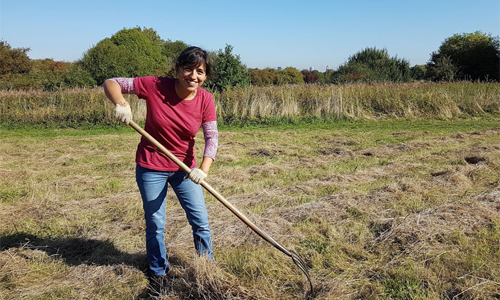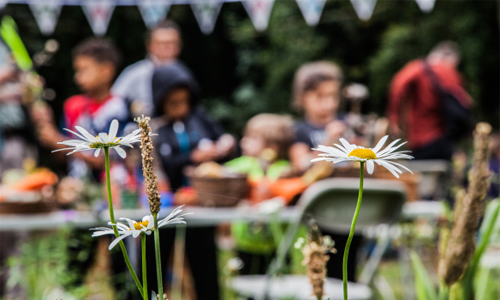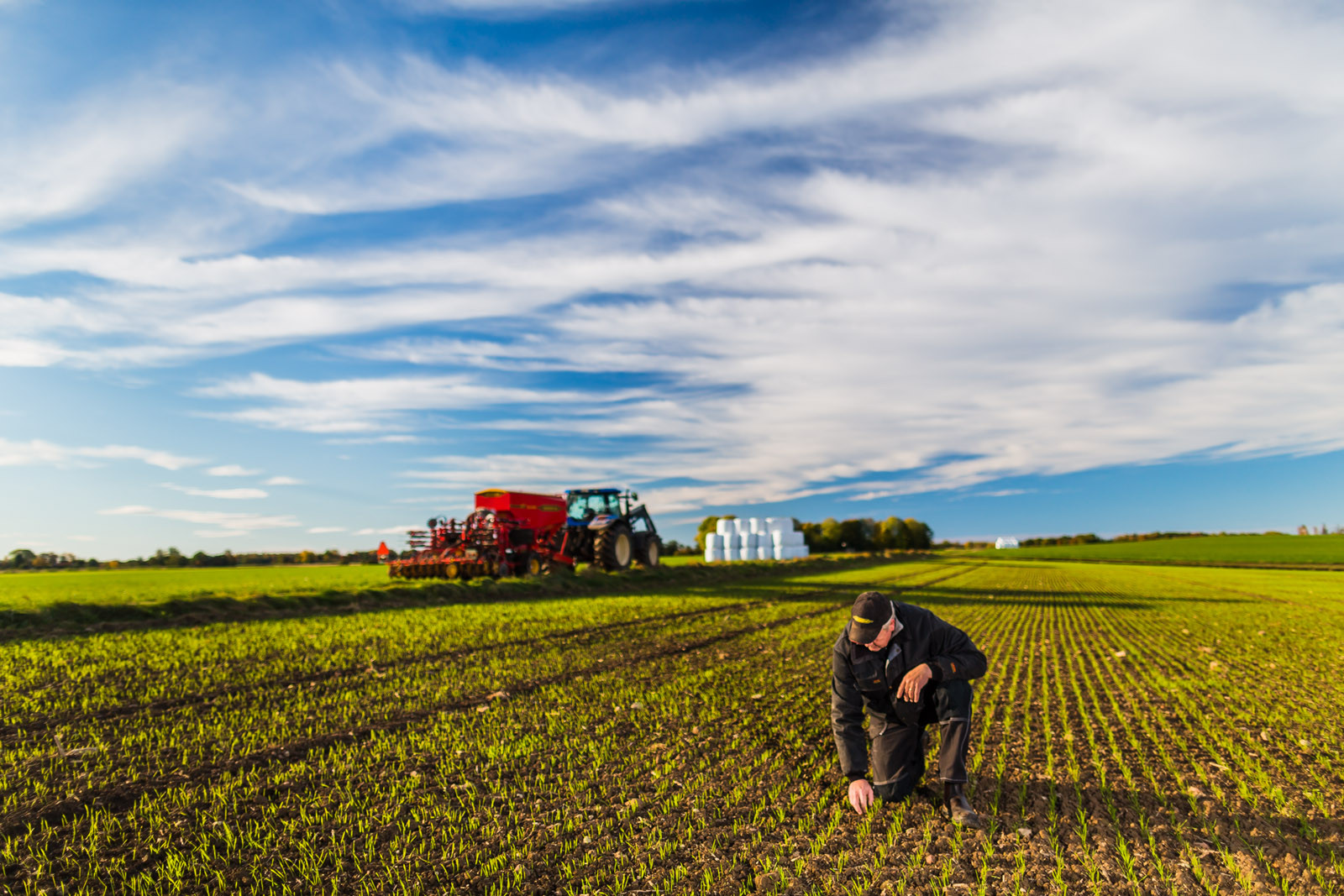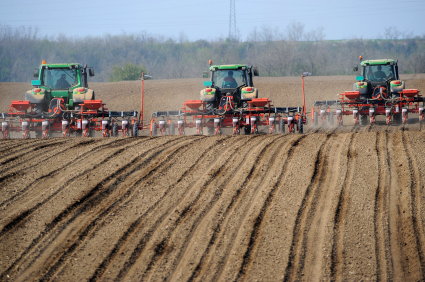I have just read a recent article by Michael McCarthy in the Independent newspaper, with McCarthy stating what impact leaving the EU might have (a referendum will take place in 2017 if the Conservatives stay in power). McCarthy feels that the EU really has helped to contribute to better wildlife legislation that may have resulted in a much greater loss without it. (1)
According to McCarthy; ‘One of the EU’s outstanding achievements has been the creation of a vast body of environmental law looking after the natural world, which is far tougher than any such legislation we have passed ourselves.’
However, looking into this further, one could argue that without the EU, the state of the UK’S wildlife may actually be better due to one major policy introduced in 1962 by the then EC, The Common Agricultural Policy (CAP)
The Common Agricultural Policy was born in the late 1950s and early 1960s when the founding members of the EC had emerged from over a decade of severe food shortages during and after World War II. As part of building a common market, tariffs on agricultural products had to be removed. The CAP implemented a system of agricultural subsidies and other programmes and has greatly intensified farming in the EU.
The CAP has been criticised by many diverse interests since its inception. In May 2007, Sweden became the first EU country to take the position that all EU farm subsidies should be abolished, except those related to environmental protection. Even London Mayor Boris Johnson has called for the CAP to be axed in February 2014 calling it ‘crazed’. (2)
From an environmentalist’s point of view, the CAP has benefited farmers and of course, increased much needed food production through the 1960’s but at the expense of the wildlife and countryside which ultimately sustains the land the crops grow on.
According to the RSPB: ‘Whilst reforms to the CAP over the last 20 years have removed some of the most harmful payments and introduced some important environmental elements, the CAP is not its meeting its potential (indeed its duty) to address environmental problems by helping farmers to protect and restore wildlife and natural resources alongside their food production businesses.’ (3)
The CAP’s budget (which is over half of the EU’s spending) is divided into two pillars: Pillar 1 going to farmers and their needs (roughly 75%). The remaining 25% of the CAP budget is spent on Pillar 2; also known as the Rural Development Pillar. Each EU Member State spends their Pillar 2 funding via Rural Development Programmes, which include a variety of measures designed to enhance the vitality, environmental quality and economic performance of rural areas. Pillar 2 funds environmental measures which support farmers to adopt more sustainable, wildlife friendly practices. These ‘agri-environment schemes’ are a fundamentally important part of the CAP and play a key role in helping the EU work towards its own target to halt and reverse biodiversity declines.
In theory this may sound fair, however, in practice, the problem is far more critical. Member States have the ability to transfer, within set limits, funds between the two CAP pillars. Until the 2013 reform round, such transfers were restricted to transfers from Pillar 1 into Pillar 2. The RSPB strongly supports this as it allows Pillar 2, which is inadequately resourced to tackle a suite of environmental challenges facing EU countries, to receive additional funds. However, from 2014, Member States will also have the ability to transfer funds from Pillar 2 into Pillar 1 – effectively reversing the need for reform which was steadily increased the role of, and funding for, Rural Development.
The RSPB is therefore calling on this practice to be halted, and that ‘the entire CAP budget should be used to support farmers to adopt more sustainable land management practises which not only benefit wildlife and the wider environment (and thus delivers the environmental public goods that society needs), it would also help protect the long term ability of EU farming to produce food by protecting the raw materials necessary for food production – our soils, water and ‘functional’ biodiversity such as pollinating insects’. (3)
Another such environmental problem that the CAP brought with it was of the actual farming practices themselves. The incentives of intense farming brought about by CAP subsidies meant that rows upon rows of hedgerow were dug up and meadowland and environmentally sensitive areas were converted to farming. This has damming effects on the conservation. According to the RSPB’s report: ‘Europe’s farmland birds have declined by 50% over the past 25 years, agricultural pollution is still widespread and soils are degrading. Many of these problems are due to the rapid intensification in the post Second World War period, where the use of chemical inputs such as pesticides and fertilisers greatly increased and agricultural habitats were either lost (as in the case of many hedgerows and farm ponds) or their environmental value was lost through changes to land management (for example by the conversion of species-rich hay meadows to intensively managed grassland and the drainage of seasonally wet fields, often an important source of food for many wading species of bird).’ (3)
So, would leaving the EU be such a catastrophe for our environment? As McCarthy points out, the creation of Special Protection Areas (SPA) and Special Area of Conservation (SAC), both implemented from EU Wildlife laws, greatly enhanced the protection of our wildlife sites, far more than that of much weaker, home grown designations, such as Site of Special Scientific Interest (SSI) or Area of Outstanding Natural Beauty (AONB).
However, under the CAP, important funds for the preservation of wildlife will, from this year, not be ring-fenced and if current farming methods continue to carry on unchecked, our natural environment could be swallowed up further and further, at the expense the tax-paying public.
Regardless of whether we are ‘in’ or ‘out’ of the EU, it seems to me that the residents of Europe, who pay for the CAP through their national taxation schemes, are getting a raw deal in terms of the natural environment. It isn’t a matter of ‘them (the EU) telling us (the UK) what to do’, it is a whole sale failure of forward planning to preserve the environment of Europe, upon which we all depend. It ultimately seems that the reform of the CAP will benefit a small fraction of Europe’s population, leaving the majority of people, and wildlife, scrabbling in the dirt for the scraps…
Naomi Burt
Guest Blogger
1. http://www.independent.co.uk/voices/comment/if-you-love-wildlife-think-twice-before-contemplating-voting-to-leave-the-eu-9821828.html
2. http://www.telegraph.co.uk/news/worldnews/europe/eu/10656900/Were-not-the-bad-boys-of-Europe-just-ask-our-ski-instructors.html
3. http://www.rspb.org.uk/Images/CAP_aug2013_tcm9-353073.pdf








